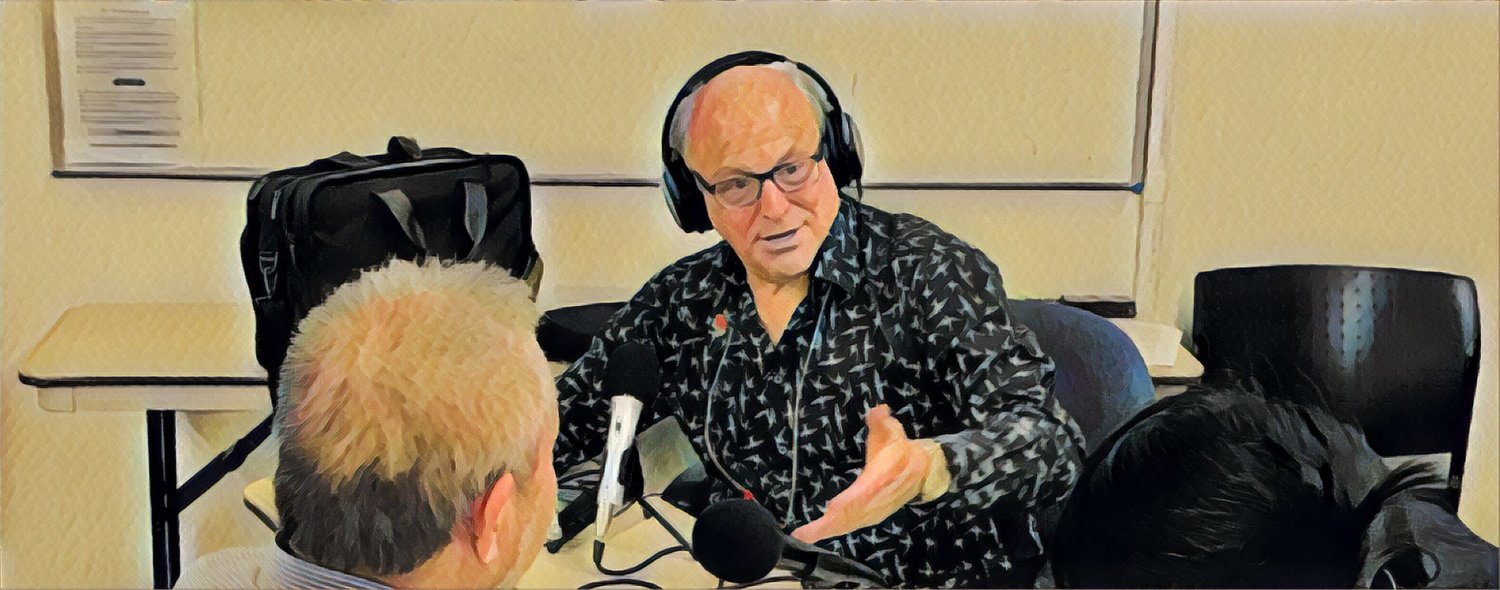Richard Lewis is a brilliant educator who has spent more than 50 years awakening, deepening, and using experiential learning to nurture the child’s natural capacity of Imagination. Listen to his podcast, #25, on Meetings with Remarkable Educators. It’s guaranteed to stimulate your imagination as well.
Natural Learning Relationships, the holistic appreciation of child development championed by Josette and me, holds imagination in high regard. Imagination is operative and creative throughout life; yet it is its moment of dominance during 8 to 12 years of age. We call that stage FeelingBeing and in FeelingBeing Imagination, Inspiration, and Transcendence from a trinity of optimal well-being and spiritual growth for the child.
FeelingBeing is the least understood of all the life stages. Perhaps the least understood aspect of FeelingBeing is its capacity to be inspired, and once truly inspired, to feel transcendence. Imagination is the natural capacity to form new ideas, images, or actions not present to the sense. Inspiration refers to creativity and appreciation of the sacred. Transcendence means lying beyond the ordinary range of perception. FeelingBeing children, then, have the capacity feel beyond themselves, beyond typical material perceptions, and into the subtle connections that all life shares.
To illustrate, here is a story of the great, great philosopher, humanist, and spiritual sage Martin Buber. This story shows the feeling basis of his profound insight into the sacred nature of relationship. Those familiar with Optimal Parenting know that I used Buber’s I-Thou philosophy to describe the spiritual development of children.
When I was 11 years of age, spending the summer on my grandparent’s estate, I used, as often as I could do it unobserved, to steal into the stable and gently stroke the neck of my darling, a board dapple-grey horse. . . . What I experienced in touch with the animal was the Other, the immense otherness of the Other, which, however, did not remain strange like the otherness of the ox and the ram, but rather let me draw near and touch it. . . something that was not I, was certainly not akin to me . . . and yet it let me approach, confided itself to me , , , placed itself. . . in the relation of Thou and Thou with me . . . The horse, even when I had not begun by pouring oats for him into the manger, very gently raised his massive head . . . But one . . . it struck me about the stroking, what fun it gave me, and suddenly I became conscious of my hand. . . . It was no longer the same thing.

